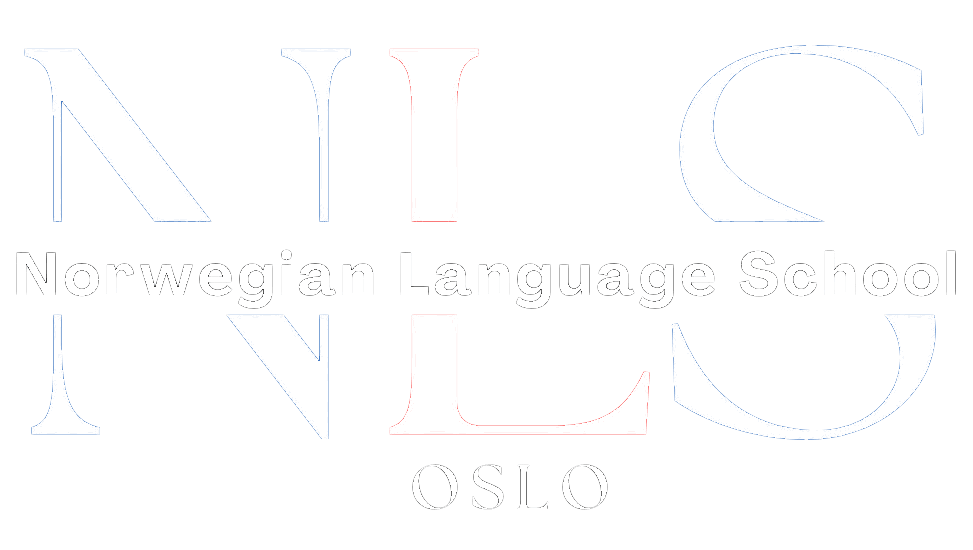

Top Reasons to Learn Spanish
Learning a second language has become increasingly important in today’s globalized world, and one language that stands out as particularly valuable is Spanish. With over 460 million speakers worldwide, Spanish is the second most spoken language in the world, after Mandarin Chinese. Whether you are interested in travel, job opportunities, or simply expanding your horizons, learning Spanish can open up a world of possibilities. In this article, we will explore the many reasons why learning Spanish is not only beneficial but also essential in today’s society.
Table of Contents
ToggleKey Takeaways
- Spanish is the second most spoken language in the world, making it a valuable language to learn.
- Learning Spanish can open up job opportunities in various industries, especially in countries where Spanish is the primary language.
- Spanish is essential for travel and cultural immersion, allowing for a deeper understanding and appreciation of Hispanic culture.
- Studies have shown that learning Spanish can improve cognitive abilities, such as memory and problem-solving skills.
- Learning Spanish can serve as a gateway to other Romance languages, making it easier to learn French, Italian, and Portuguese.
Spanish is the second most spoken language in the world
Spanish is spoken by millions of people around the globe, making it one of the most widely spoken languages in the world. According to Ethnologue, there are approximately 460 million native Spanish speakers worldwide, with an additional 75 million people who speak it as a second language. This means that knowing Spanish can allow you to communicate with a significant portion of the world’s population.
In addition to its sheer number of speakers, Spanish is also an official language in 21 countries, including Spain, Mexico, Colombia, Argentina, and Peru. This means that by learning Spanish, you gain access to a wide range of cultures and experiences. Whether you are interested in traveling, doing business internationally, or simply connecting with people from different backgrounds, knowing Spanish can be incredibly valuable.
Spanish can open up job opportunities
In today’s globalized economy, being bilingual is a highly sought-after skill. Many industries have a high demand for employees who can speak both English and Spanish fluently. For example, in the United States, there is a growing need for bilingual professionals in healthcare, education, customer service, and law enforcement.
Being bilingual not only makes you more marketable to potential employers but also opens up opportunities for career advancement. Companies that operate internationally often prefer candidates who can communicate with clients and colleagues from different countries. By knowing Spanish, you can position yourself as a valuable asset in the job market.
Spanish is essential for travel and cultural immersion
| Benefits of Learning Spanish | Metrics |
|---|---|
| Improved Travel Experience | Ability to communicate with locals, navigate transportation, and order food |
| Enhanced Cultural Immersion | Understanding of customs, traditions, and history of Spanish-speaking countries |
| Increased Job Opportunities | Ability to work in industries such as tourism, education, and international business |
| Expanded Social Network | Opportunity to connect with Spanish speakers and participate in cultural events |
| Improved Cognitive Function | Studies show that learning a second language can improve memory, problem-solving skills, and creativity |
If you enjoy traveling or have a desire to immerse yourself in different cultures, learning Spanish is a must. Spanish is the official language of 21 countries, including some of the most popular tourist destinations in the world, such as Spain, Mexico, and Costa Rica. By knowing Spanish, you can navigate these countries with ease, communicate with locals, and truly immerse yourself in the local culture.
Knowing the language of a country can also enhance your travel experience by allowing you to connect with locals on a deeper level. When you can speak the language, you can have meaningful conversations, ask for recommendations, and gain insights into the local way of life. This not only enriches your travel experience but also helps you build lasting connections with people from different backgrounds.
Spanish can improve cognitive abilities
Learning a second language has been shown to have numerous cognitive benefits. Studies have found that bilingual individuals have better memory, problem-solving skills, and creativity compared to monolingual individuals. This is because learning a second language requires mental flexibility and the ability to switch between different linguistic systems.
In particular, learning Spanish can improve your memory skills. When you learn new vocabulary and grammar rules, your brain creates new neural pathways that strengthen your memory capacity. Additionally, being bilingual has been linked to a reduced risk of age-related cognitive decline and dementia.
Spanish is a gateway to other Romance languages

One of the advantages of learning Spanish is that it serves as a gateway to other Romance languages. Romance languages are a group of languages derived from Latin and include languages such as French, Italian, Portuguese, and Romanian. These languages share many similarities with Spanish in terms of vocabulary, grammar, and sentence structure.
By learning Spanish first, you will gain a solid foundation in the Romance language family. This will make it easier for you to learn other languages in the future. For example, if you already know Spanish, learning French or Italian will be much easier because you will already be familiar with many of the vocabulary and grammar concepts.
Spanish is a language of business
In today’s globalized economy, Spanish is becoming increasingly important in the world of business. Many companies have operations in Spanish-speaking countries or have Spanish-speaking clients and customers. By knowing Spanish, you can communicate more effectively with these individuals and build stronger business relationships.
In addition to being able to communicate with clients and colleagues, knowing Spanish can also give you a competitive edge in the job market. Employers value employees who can speak multiple languages, as it demonstrates adaptability, cultural awareness, and the ability to work with diverse groups of people.
Spanish can enhance personal relationships
Knowing Spanish can also enhance your personal relationships, particularly if you have friends or family members who are native Spanish speakers. Being able to communicate with them in their native language not only strengthens your bond but also allows for a deeper understanding of their culture and background.
Furthermore, knowing Spanish can help you connect with people from different cultures and backgrounds. Language is a powerful tool for building bridges between people, and by speaking someone’s language, you show them that you value their culture and are willing to make an effort to understand them better.
Spanish is a language of music and literature
Spanish is not only a practical language to learn but also a beautiful one. It is the language of some of the world’s most famous musicians and writers. From the poetic lyrics of artists like Shakira and Julio Iglesias to the magical realism of authors like Gabriel Garcia Marquez and Isabel Allende, Spanish-language music and literature offer a rich cultural experience.
By learning Spanish, you can fully appreciate the nuances and beauty of these artistic expressions. You can read the original works of famous authors, listen to Spanish-language music, and gain a deeper understanding of the cultural context in which these works were created.
Spanish can increase understanding and appreciation of Hispanic culture
In today’s multicultural society, it is essential to understand and respect different cultures. By learning Spanish, you can gain a deeper understanding and appreciation of Hispanic culture. You can learn about the history, traditions, and customs of Spanish-speaking countries and develop a greater sense of empathy and cultural sensitivity.
Understanding Hispanic culture can also help break down stereotypes and promote inclusivity. By learning about different cultures, we can challenge our own biases and develop a more open-minded worldview. This not only benefits us as individuals but also contributes to a more harmonious and inclusive society.
Spanish is a valuable skill for future generations
Passing down language and cultural knowledge to future generations is important for preserving our heritage and identity. By learning Spanish, you can pass on this valuable skill to your children or future generations. This not only helps them connect with their roots but also gives them a competitive advantage in an increasingly globalized world.
In addition to the practical benefits, knowing Spanish can also foster a sense of pride and belonging in future generations. It allows them to maintain a connection to their heritage and understand the experiences of their ancestors. By passing down language and cultural knowledge, we ensure that our traditions and values are preserved for generations to come.
In conclusion, learning Spanish is not only beneficial but also essential in today’s society. Whether you are interested in travel, job opportunities, or simply expanding your horizons, knowing Spanish can open up a world of possibilities. From its status as the second most spoken language in the world to its cognitive benefits and cultural richness, there are countless reasons why learning Spanish is worth the investment.
So why wait? Start learning Spanish today and embark on a journey that will not only broaden your horizons but also enrich your life in countless ways. Whether you choose to take a class, use language learning apps, or immerse yourself in a Spanish-speaking community, the key is to be consistent and practice regularly. With dedication and perseverance, you will soon find yourself speaking Spanish with confidence and enjoying all the benefits that come with it.
If you want to learn Norwegian, you can register for classes here. We look forward to hearing from you and helping you become fluent in Norwegian.






